This role-play exercise asks a broad question: how should US companies and investors respond when SenseTime and other technology firms are added to the Entity List? What affirmative responsibilities, if any, do US companies and investors bear for addressing privacy rights and for declining to invest in or have commercial relationships with Chinese firms like SenseTime that are assisting the mass surveillance efforts in Xinjiang.
REPORT: Purchasing Power: How the U.S. Government Can Use Federal Procurement to Uphold Human Rights
Making Mining Safe and Fair: Artisanal Cobalt Extraction in the Democratic Republic of the Congo
Research Director, Dorothee Baumann-Pauly published a white paper in collaboration with the World Economic Forum which assesses recent approaches to formalizing artisanal and small-scale mining of cobalt. The learnings from the cobalt context in the DRC can help guide companies on how to address human rights issues in their global mineral supply chains and improve working conditions of more than 40 million people in artisanal mining worldwide.
How New Business Models Can Address Human Rights Risks in the Cobalt Supply Chain
This paper maps existing efforts to establish responsible sourcing strategies for cobalt from the Democratic Republic of the Congo (DRC). It highlights the need to address the systemic human rights risks of artisanal mining practices that are a business reality in the DRC. It assesses the prospects of formalizing artisanal mining practices.
REPORT: Regulating Social Media: The Fight Over Section 230 -- and Beyond
REPORT: Who Moderates the Social Media Giants? A Call to End Outsourcing
In June 2020, we shifted our focus to content moderation, publishing Who Moderates the Social Media Giants? A Call to End Outsourcing. This report recommends that Facebook and its rivals stop outsourcing responsibility for what gets removed from their platforms and instead embrace this vital function themselves.
Michael Posner appointed as the Jacob K. Javits Visiting Professor
Testimony of Michael Posner for Congressional-Executive Commission on China
NYU Stern Center for Business & Human Rights Receives GCFA North Star Award
The NYU Stern Center for Business & Human Rights received the North Star Award at the Green Carpet Fashion Awards in Milan. The award acknowledged the Center’s report, “Made in Ethiopia: Challenges in the Garment Industry’s New Frontier,” authored by Paul Barrett and Dorothee Baumann-Pauly, as the most important academic research development from the past year. Dorothee Baumann-Pauly and Auret van Heerden accepted the award on NYU Stern CBHR’s behalf.
Hillicon Valley: Instagram Seen as Top 2020 Disinformation Target
Report Highlights Instagram, Deepfake Videos as Key Disinformation Threats in 2020 Election
Author Maggie Miller quotes Michael Posner and Deputy Director Paul Barrett on the potential use of social media to spread disinformation related to the 2020 presidential election. Barrett calls on Congress to use its position to educate the public about the threat and increase digital literacy through bipartisan hearings.
Morning Tech: Tariffs Hit the Tech World
The Technology 202: New NYU Report Urges Social Media Companies to Take Down ‘Provably’ False Information
REPORT: Disinformation and the 2020 Election: How the Social Media Industry Should Prepare
In September 2019, we published Disinformation and the 2020 Election: How the Social Media Industry Should Prepare. This report looks at the types and sources of false content likely to surface during the next presidential campaign. It also provides recommendations to the major social media companies for responding to disinformation.
























